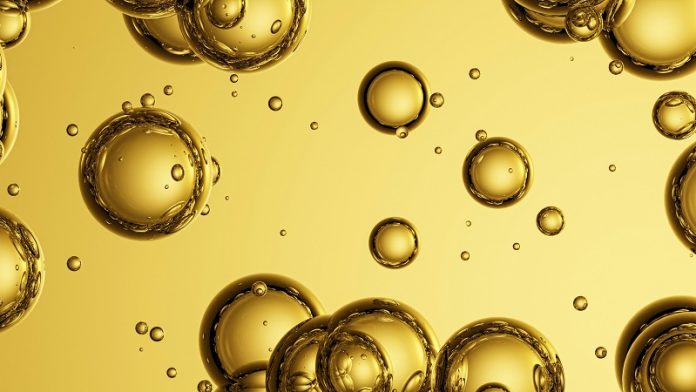
Researchers at Baylor University have developed an innovative way to burn biofuels more cleanly and efficiently, potentially transforming the future of sustainable energy.
Their new Swirl Burst (SB) injector technology enables the ultra-clean combustion of glycerol/methanol fuel blends, which are usually hard to burn due to their thick consistency.
This breakthrough could help reduce harmful emissions while also making biofuel production more cost-effective and environmentally friendly.
The research, led by Dr. Lulin Jiang, an assistant professor at Baylor’s School of Engineering, was published in the journal Fuel.
It demonstrates how the SB injector can turn bio-waste, such as glycerol, into a renewable energy source with near-zero emissions.
Why This Matters for Biofuels and the Environment
Glycerol is a common byproduct of biodiesel production, but its high viscosity has made it difficult to burn efficiently with conventional injectors. These injectors often require expensive preheating or fuel processing.
However, the SB injector solves this problem by creating fine droplets that allow for a complete and clean burn, even without preheating.
This leads to significantly lower emissions of harmful pollutants like carbon monoxide (CO) and nitrogen oxides (NOx), which are common with other fuel injectors.
Dr. Jiang explained that this new technology could revolutionize the biodiesel industry by turning glycerol waste into a valuable fuel source.
By doing so, the SB injector supports a circular economy and reduces the environmental impact of biofuel production.
The injector’s ability to burn various glycerol/methanol ratios without needing hardware adjustments makes it an ideal solution for power plants seeking to meet strict emissions regulations.
“This technology allows us to turn waste, like glycerol, into affordable renewable energy,” said Dr. Jiang. “It promotes energy resilience and energy equity, especially for economically disadvantaged groups facing climate change.”
The research team tested three different fuel blends—50/50, 60/40, and 70/30 ratios of glycerol to methanol—using different air-to-liquid mass ratios. All of the blends achieved more than 90% combustion efficiency, with the 50/50 blend reaching full combustion and producing almost no CO or NOx emissions. This performance far surpasses conventional air-blast or pressure-swirl injectors, which often release more pollutants when burning thick fuels.
Dr. Jiang noted that the SB injector’s ability to handle thick, viscous fuels means other bio-oils could also be used without additional processing, making biofuel production cheaper and more practical.
Dr. Jiang and her team are part of the National Science Foundation’s I-Corps program, which helps scientists and engineers bring their research into the commercial market.
In collaboration with the City of Waco, the team is also working on a related project to convert waste into clean energy at the Waco Landfill. This effort is part of a larger goal to reduce methane emissions and create climate-friendly energy solutions.
This exciting research could have a significant impact on reducing the environmental footprint of the biofuel industry and improving energy efficiency in the future.
Source: Baylor University.



